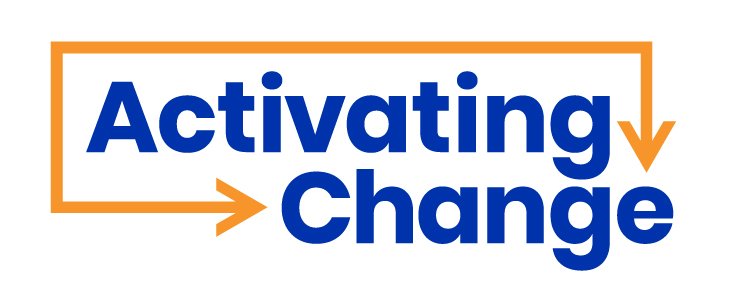Investing in Mental Health and Addiction Services
May is Mental Health Awareness month, and Activating Change is working to call attention to the disastrous impacts of our criminal legal system on people with psychiatric disabilities. Half of people in prisons and two-thirds of people in jails report currently being in serious psychological distress and/or having been given a diagnosis of mental illness in the past.
Despite these high disparities, incarceration has never been and will never be an appropriate vehicle for mental health services. A BJS survey found that only 6% of people in state prisons reporting that they are currently receiving mental health support, with 74% of people saying they have never received such services during their incarceration. Moreover, prisons and jails are brutal, traumatizing, and ableist institutions – antithetical to health, healing, and wellbeing. People almost always leave incarceration with worsened physical and mental health.
Each year, the government spends over 300 billion of our tax dollars to fund our all-too large, expensive, and ineffective criminal legal system. There have been increasing calls to expand community-based responses that will improve mental health services and reduce our ill-placed reliance on incarceration. Our communities, particularly those that have been hit hardest by mass incarceration, deserve this reinvestment. But we need to be mindful to not replicate past approaches - rooted in ableism and racism - that would leverage the current legal system to force people with disabilities into psychiatric institutions and compulsory ‘treatment’ in lieu of incarceration. Community-based services must be accessible, affordable, trauma-informed, and culturally appropriate. All people deserve access to mental health care, and they reserve the right to determine their paths to healing.
